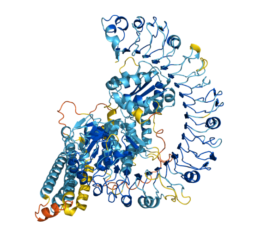We continue our look at the new Expose, Salmon Wars, the Dark Underbelly of our Favorite Fish, by checking out an alternative – LAND-Based Farmed Salmon.
Chef Sheila Lucero – (starts 2:25) We TASTE land-based salmon, with Coloraado’s award-winning, national expert on sustainable fish and member of Seafood Watch BlueRibbon Task Force, Jax Fish House Chef, Sheila Lucero.
Land-Based Salmon: (starts 15:15) We ask Brandon Gottsacker, president of Superior Fresh aquaponics farm, about his BAP-Certified, salmon falm, the Scretting Fish Meal they feed their fish, and their leafy greens produce operation.
HostProducer: Shelley Schlender
Executive Producer: Beth Bennett
Podcast: Play in new window | Download (Duration: 26:57 — 37.0MB)
Subscribe: RSS




 This week on How on Earth, Beth speaks with author and planetary geologist Dr. Simon Morden. In his book,
This week on How on Earth, Beth speaks with author and planetary geologist Dr. Simon Morden. In his book, 
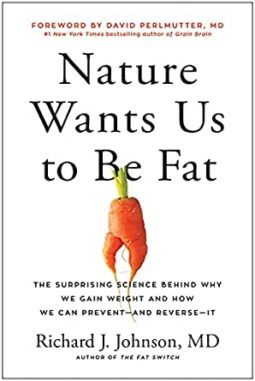
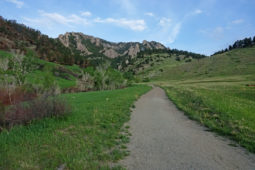
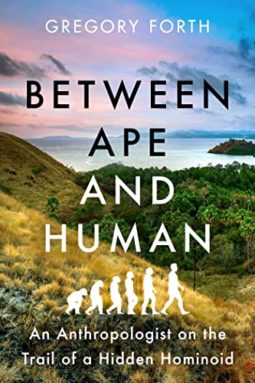

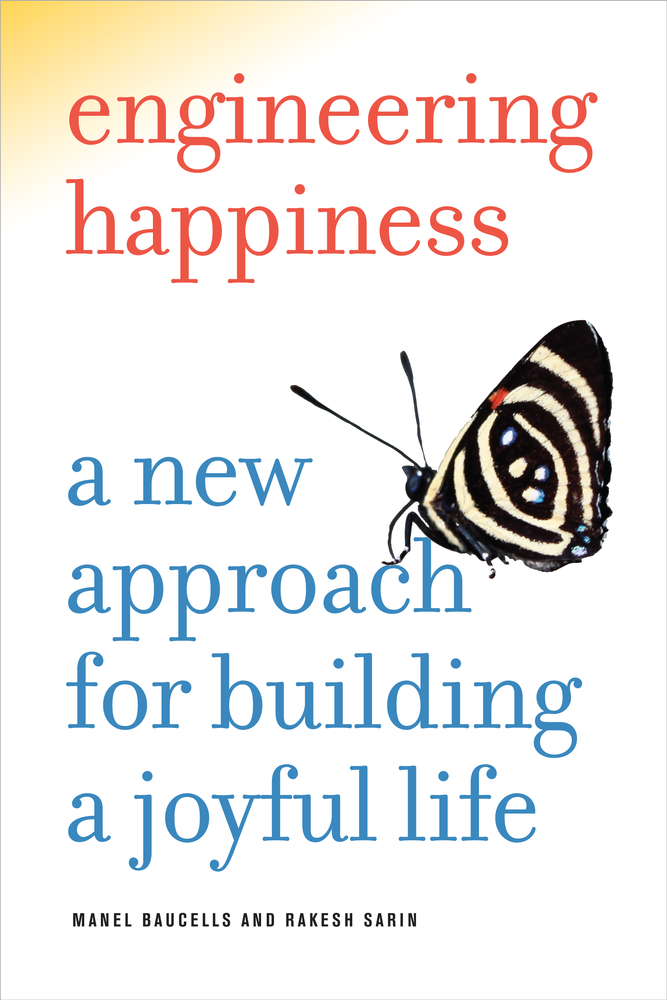 Today’s show features headline news about new methods for detecting skin cancer and using “
Today’s show features headline news about new methods for detecting skin cancer and using “ This week on How on Earth, Beth talks with Dr Seven Hussey about his recent
This week on How on Earth, Beth talks with Dr Seven Hussey about his recent  With graduation season upon us, today’s edition of How on Earth is Part 2 of our annual “Graduation Special” (you can
With graduation season upon us, today’s edition of How on Earth is Part 2 of our annual “Graduation Special” (you can 
 Katie Gach – University of Colorado,
Katie Gach – University of Colorado,  Jet Mante – University of Colorado,
Jet Mante – University of Colorado,  Abhijit Suresh – University of Colorado,
Abhijit Suresh – University of Colorado,  With graduation season upon us, today’s edition of How on Earth is Part 1 of our annual “Graduation Special” (you can
With graduation season upon us, today’s edition of How on Earth is Part 1 of our annual “Graduation Special” (you can 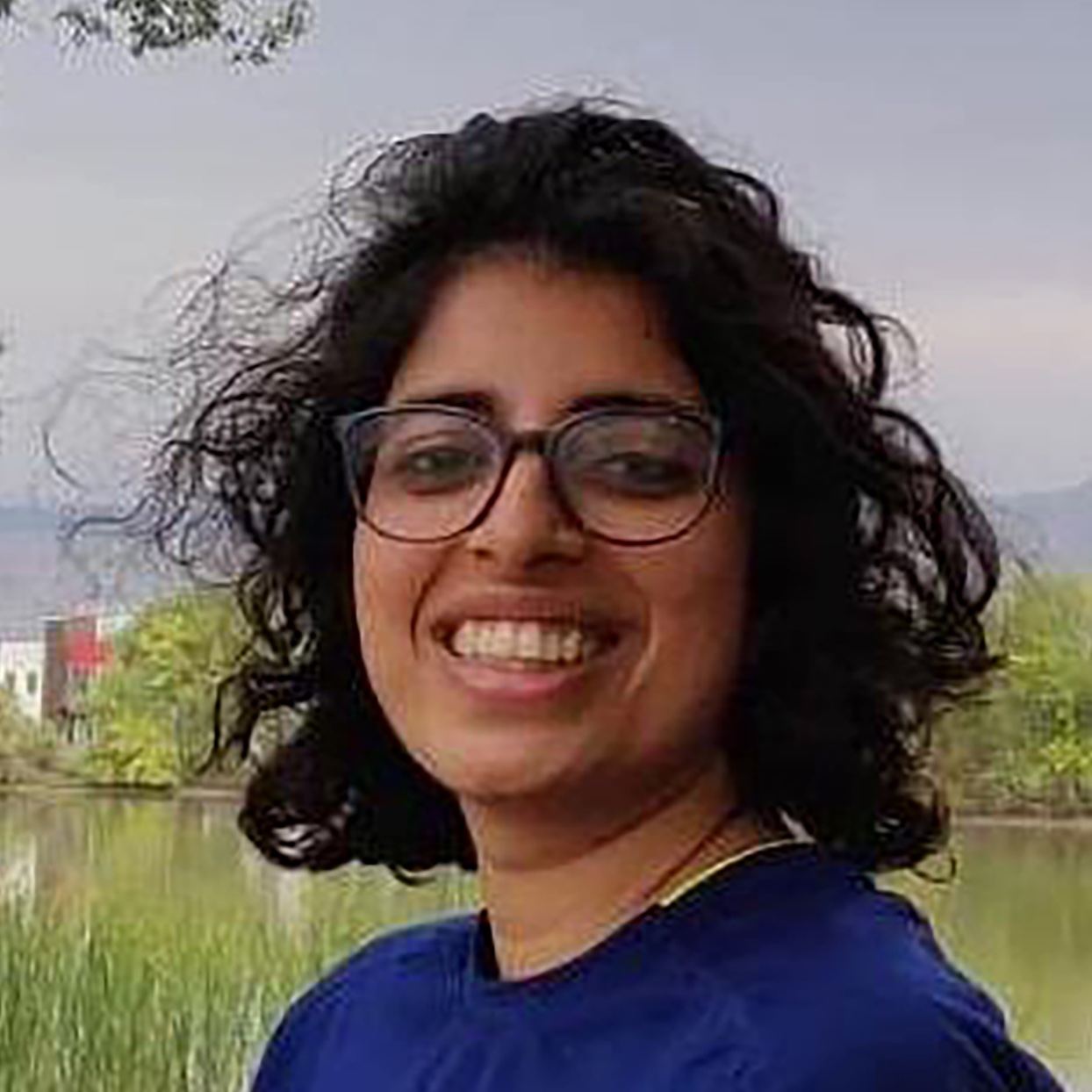
 Sarah Aguasvivas – University of Colorado,
Sarah Aguasvivas – University of Colorado,  Jessie Finocchiaro – University of Colorado,
Jessie Finocchiaro – University of Colorado, 